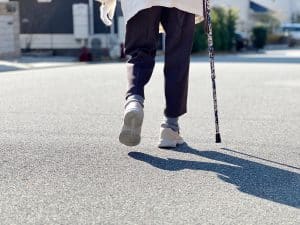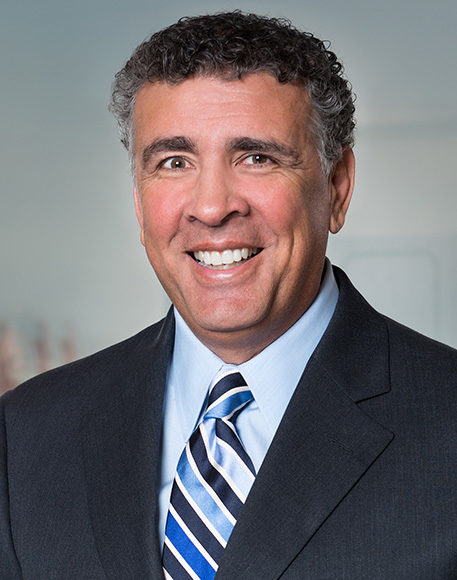The Deaths of Almost 100 Dementia Care Residents Were Attributed to Elopements
 When you make the difficult decision to put your loved one with a failing memory into an assisted living or nursing home, you expect that they will be taken care of and kept safe. You certainly don’t expect that they’ll be wandering away from the facility unattended – or that they could die as a result.
When you make the difficult decision to put your loved one with a failing memory into an assisted living or nursing home, you expect that they will be taken care of and kept safe. You certainly don’t expect that they’ll be wandering away from the facility unattended – or that they could die as a result.
The U.S. Senate has initiated a review of safety issues in the assisted-living industry following an investigation by The Washington Post. The investigation uncovered nearly 100 deaths of dementia-care residents who wandered from facilities or were left unattended outside. The Senate Committee sent letters to the three largest assisted-living chain owners, including Brookdale, Atria, and Sunrise, seeking information about their practices.
The investigation revealed over 2,000 “elopements,” or wandering incidents, involving residents with Alzheimer’s and dementia. Many of these residents were in special “memory-care” units that charge extra for enhanced attention and security. The deaths were often caused by exposure to extreme weather conditions, drownings, or accidents when residents wandered into hazardous areas. The industry, which houses over a million people paying an average of $6,000 per month, is not federally regulated, and there is no comprehensive tracking of deaths and injuries. The lack of transparency and oversight has led to challenges in addressing safety concerns, prompting the Senate committee’s review.
The committee hearing took place on January 25, and marked the most substantive review of the assisted-living industry in over two decades.
How can nursing homes reduce the risk of wandering patients?
First, nursing homes must properly train their workers, and hold negligent staff members accountable. One of the most startling revelations that the Post article highlighted was the simple lack of care by staff: “The Post documented multiple instances of staff sleeping on the job, falsifying records, skipping resident checks, and ignoring alarms and automated texts indicating dementia-care-unit doors had been opened. The Post also found that relatives were not always told the truth about what happened to their loved ones.” While there may be proper security systems in place at nursing homes, such as alarms and notifications for wandering patients, staff apparently ignore these safety measures.
Second, nursing homes must ensure they are properly staffed. Inadequate staffing not only compromises the quality of care but also contributes to oversight challenges within these facilities.
Third, facilities should be more transparent about what they find. Their records of incidents need to be accurate and up to date, and there must be repercussions for neglect and abuse.
Finally, the facilities themselves should be designed to prevent wandering. The Alzheimer’s Association provides a number of recommendations that facilities could follow for minimal effort and cost, like these:
- Placing deadbolts out of the line of sight, either high or low, on exterior doors.
- Camouflaging doors by painting them the same color as the walls or covering them with removable curtains or screens.
- Using black tape or paint to create a two-foot black threshold in front of the door.
- Installing warning bells above doors or use a monitoring device that signals when a door is opened.
- Creating indoor and outdoor common areas that can be safely explored.
You can find a complete list of suggestions here.
Finally, nationwide regulations on elderly care would likely improve conditions, but “industry executives have argued that assisted living is a social model of care, not a medical one, making local regulation more appropriate than rigid national standards.” It’s clear to us that industry executives care more about the money in their pockets than the care of their patients, because the way that nursing homes are being run currently is clearly not measuring up to what our elders need.
What are my legal options if my elderly loved one was injured?
If your loved one does end up injured in a nursing home through an elopement incident, you can file a formal complaint with your State Survey Agency, a long-term care ombudsman, and Adult Protective Services. You can also report the incident to the police if you believe that the incident occurred due to abuse or neglect. You may seek financial restitution for your loved one’s injuries, and for that, contact a nursing home abuse lawyer. We are here for that exact reason: to ensure you and your loved one receive the respect and justice you deserve.
If your elderly loved one has been a victim of abuse or neglect, or was injured from a walkaway incident in a nursing home, don’t hesitate to contact a nursing home abuse lawyer at Garcia & Coman. With over 30 years of experience, our team is dedicated to helping clients seek justice. If you’re ready to discuss your case, you can fill out our contact form or call our office to arrange a free, no-obligation case review today. We have offices in Phoenix, Long Beach, Los Angeles, Louisville, and New Orleans. Let us help you.

Stephen M. Garcia represents victims of elder and nursing home abuse and is known as one of the leading civil litigators in the country. He is Senior Partner at Garcia & Coman, where the firm’s practice is focused on elder abuse, nursing home abuse, and wrongful death of the elderly.
Find out more about Stephen M. Garcia

